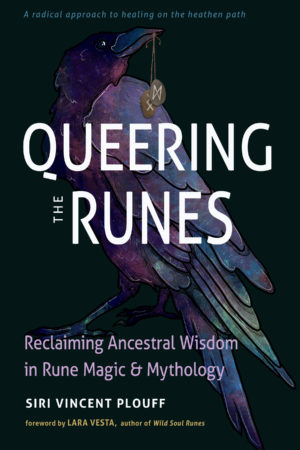
Introduction to zen koans – learning the language of dragons
Introduction to zen koans – learning the language of dragons
“This marvelous book opens the treasure house of Zen and yet, happily, does not dispel its mystery. James Ford, an excellent storyteller and longtime Zen practitioner, presents a detailed and beautiful description of the craft of zazen, including “just sitting” and various forms of breath meditation—but focuses primarily on koan introspection.
The power of koans, these 'public cases' from China, has never ceased to enrich my own experience of Zen. They are a medium of exploration of the history, culture, and view of Zen, but most importantly are a medium of awakening.
James Ford is fundamentally a koan person, and for this, the book is particularly rich, opening the practice of koans in a splendid way. I am grateful for his long experience as a teacher and practitioner of this rare and powerful practice. Since the word koan has found its way into popular English usage, I am grateful too for the more nuanced and fertile view of koans that Ford presents. His definition of the word is telling: “a koan points to something of deep importance, and invites us to stand in that place.”
He has also has created a wonderful translation of the Heart Sutra, Zen’s central scripture—and carefully opens up the heart of the Heart Sutra through scholarship and practice. Rich in textual sources and woven throughout with the perspectives of contemporary teachers, Introduction to Zen Koans sheds new light on ancient teachings. Through it, the reader will discover the importance of lineage, the traceless traces of the Zen ancestors, and the places of “just sitting” and koan practice as paths to awakening, as the great doorways into Zen.”
—from the foreword by Joan Halifax






